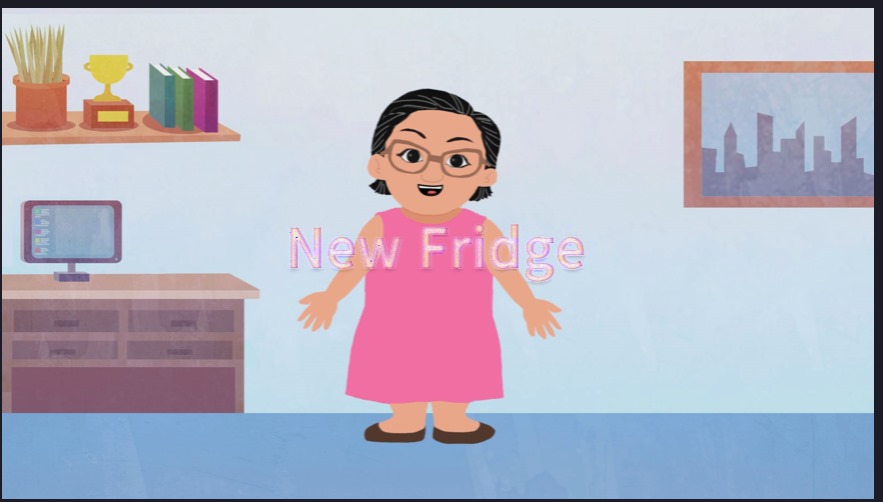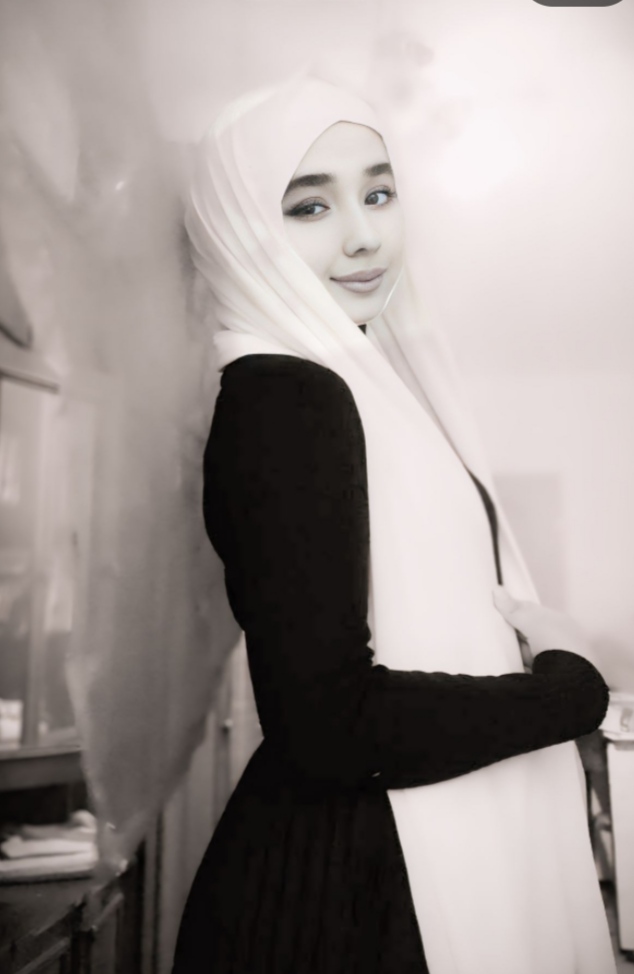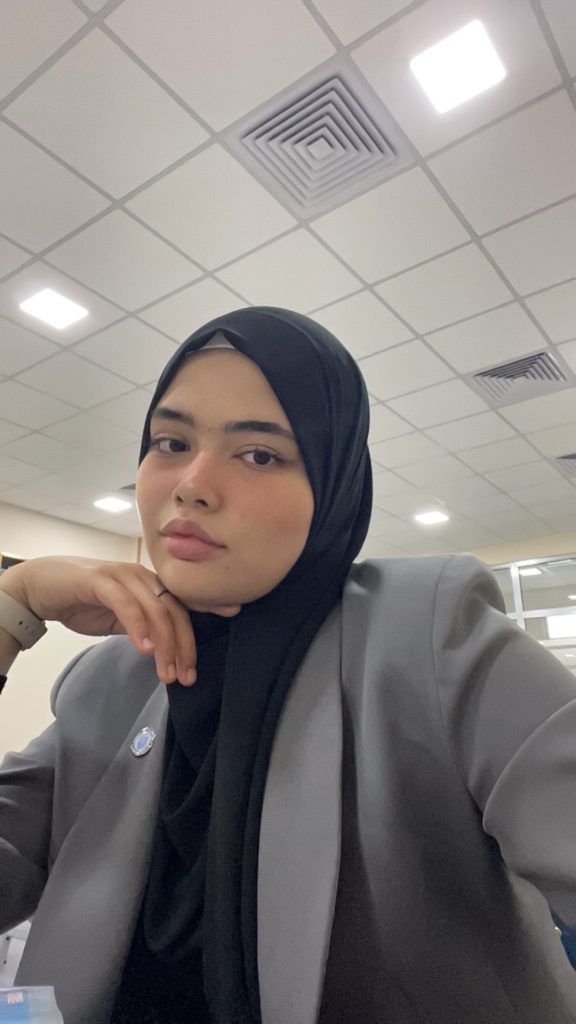hazy sky below the sun halo a black trail sharing truths ... a poet labels me anti vax last working day a student shares her vaccine injuries weekend picnic at the local park I search for a blue sky
Poetry from Mykyta Ryzhykh
People on the roads and in the gardens People on the roads and in the gardens. Sunny bunnies eyes, hands, sounds of whispers of people, plants, wind. Sheaves. State institutions. And in every way so rich. Fresh buns, honey, clean water, hot morning coffee, cold morning dew, evening clean air, morning bells of hemingways, evening prayers and excitement: suddenly someone will hear, suddenly someone is still in heaven. The abundance of grass, the variety of fire, the rain, the light, the mud of the roads, the nonsense of the neighbors, the flights of birds, the scent of flowers, the black circles under the eyes and the minibuses1* are not adapted to happiness. - I don't know what to do now ... - the woman despaired. - Everything will change tomorrow! - her husband's hope. - When I grow up, I will not become an adult? - whether it is hope or despair of the child. Hotel room for one person. The address of the former. Lover's phone. Despair. Tears of silence. Little boy with a toy in his hand and hope in his heart. Kindergarten with painted wallpaper. Kindergarten is like a garden. Eyes, like beetles, and want to fly, like Exupery. The mother finally comes to the nursery after a long working day and takes the child home. The guard nods disapprovingly. The mother pretends not to notice. The country pretends not to notice. The guard finally falls asleep quietly on the post. The robbers finally wake up calmly and take up their criminal post. Taxi again ... Apology of good and mythology of evil. Three dots. Question mark. Two for punctuation. Four for content. Three2* for the essay. The teacher puts his hand over the journal with grades and for a moment... A woman sings an aria of a virgin at the opera house, as if she were in fact a virgin. And the night club, which is not so far from here, is about to close due to someone's vandalism and - law enforcement officers, and above them - someone else and - someone else, according to the hierarchy. A cup of tears, drunk with a trembling grandfather's eye. Firecrackers under the window. The final stop - the cottage. Curves. Hands, their intersection. Plexus of bodies. Animal bodies. Kitten, bunny, piglet, puppy, duckling, baby. Well, just grace! And still - forcemeat in the city market. Umbrella instead of blue sky, grayness instead of self. Abyuz underfoot, comet tails, space rockets. Movies after ten in the evening, when the younger sister finally went to bed. Sometimes she's really mad. The afterlife of my grandmother's village. Chocolate Santa Claus, who remained in the refrigerator from the New Year holidays and miraculously survived. The face of untruth. The face of the grass. Walt Whitman, Charlie Chaplain, Uncle Misha from a kiosk on the next street. Bookshelf of the spirit. Perfume associations. A birthday present, and a huge cake (and cousin's complaints about low wages). Burning. Giants. Giant mountains. Giant people. Mountain people. And somewhere nearby - stone ceilings of misunderstandings, Easter eggs of complaints, easels of cries, dwarfs of humiliation - as soon as it is tolerated. "New songs are always reminiscent of ...". Key: "Delete message". Stars above your head, a dream of space, grass, roadsides, a smile on your face - and we are on the way to a fairy tale, but it's time to grow up. In short, it is impossible to convey this feeling of a home that no longer exists ... This is a reprint from "minor literatures" * 1. Here in the sense «Marshrutka» (Ukrainian: маршру́тка) or routed taxicab, is a form of public transportation such as share taxi which originated in the USSR and is still present in Russia and other countries of CIS, in Baltic states, Ukraine, Armenia, Georgia, Turkmenistan as well as in the territories outside of ex-USSR, such as Bulgaria. The role of the modern marshrutka is theoretically similar to the share taxi, which uses minibuses in some other countries. The first marshrutka was introduced in Moscow, Russia, in 1938. * 2. Unsatisfactory score with 12-point school system of Ukraine.
Poetry from Taylor Dibbert
From Bad to Worse He remembers When they Were about to Get married And he remembers His soon-to-be Mother-in-law Sharing that She wasn’t sure That she’d Be able To attend The wedding And he remembers Learning that his Soon-to-be Brother-in-law Would not Be attending, At that point He knew Quite a bit And wasn’t surprised By this behavior, Things would only Get worse From there. Taylor Dibbert is a writer, journalist, and poet in Washington, DC. “Rescue Dog,” his fifth book, was published in May.
Poetry from Sadiya Abdulaziz
If the body told stories A scar is an anthology inscribed on my body in delicate pieces, with life’s treacherous ink. My skin, once in its glories, white as the sea’s frothy lip kissing the shore. It glistened, for it had never been branded by a brush or stained with paint. Until life raided, made a conquest on every inch, each territory a different memory. After Jay Kophy’s: “If the body could speak.” Sadiya Abdulaziz is a writer and voice-over artist from Nigeria who has been fascinated with stories from a young age. She loves conversational poetry. Her poems have been published or are forthcoming in Nantygreens, Spillwords, and other publications. Currently, she is a Poetry Fellow of the Sprinng Writing Fellowship.
Poetry from Sushama Kasbekar

New Fridge Dear New 'Fridge, You are beautiful You shine like a diamond You make ice instantly You are a genius You are enormous, efficient But you devour things completely You make me bend down to you Almost in reverence it may seem You are a hard taskmaster You cavernous monstrous machine You are giving me back breaking tasks I am at times confused and at times concerned Where's the butter, where's the cheese? Did we finish the curry yesterday or is it lurking in some deep corner Of your unfathomable depths I scramble to seize You have brought me to my knees Now don't bring me to my dotage You shiny silent efficient machine! Sushama Kasbekar
Essay from Adiba Pardabayeva

National values of Uzbekistan, style of dress and “Atlas”
The Republic of Uzbekistan is known to many countries for its hospitality. The national values of Uzbekistan do not escape the attention of any tourist or member of another country. Every nation on earth is distinguished only by its own traditions and values. values and traditions did not appear in a day or two.
It is very important to protect our ancient traditions and values and live according to them in order to avoid various harmful effects of today, to remain the owner of the national image and unique qualities characteristic of our people from time immemorial under any circumstances.
Every nation on earth is distinguished only by its unique traditions and values, naturally, such values and traditions, which are the priceless wealth of every nation, did not appear in a day or two. The historical experience of mankind for thousands of years shows that it takes a long time for something to become a tradition, especially a value. Over the years, centuries, certain views, habits, concepts, and experiences pass the test of times and generations and become polished. If they are accepted, continued and become a tradition by the next generations, then they can now be called a national tradition and value.
Values related to ethnic aspects and characteristics that are important for the nation are called national values. National values are manifested in close connection with the history, way of life, spirituality and culture of the nation.
The national values of the Uzbek people, which have been passed down from century to century, have been formed in a long historical process. For example, respect for the motherland where one was born and raised, not being able to imagine one’s destiny without this country, loyalty to the memory of past ancestors, constant respect for elders, maintaining modesty and dignity in any situation, in marriage Many virtues, such as special attention to cleanliness, form the basis of our national values.
Another topic is “Uzbek girls”. When we think of Uzbek girls, we think of girls wearing satin dresses with caps on their heads. Atlas fabrics attract every tourist. We can see satin bags, hats, clothes and shoes in our historical monuments and places.
Adiba Pardabayeva
2nd year student of Nukus State Pedagogical University
Poetry from Zeboxon Akmalova

Unaware! You lived in this life What did you find? What do you lose? I lost my valuables I couldn't find it! Bring them back! I've been looking for it all my life I couldn't find my valuables My values are out of order Why are you without a tree? Silence is always the rule Why? Why? What for! I could not find you! There is always silence My question is unanswered
